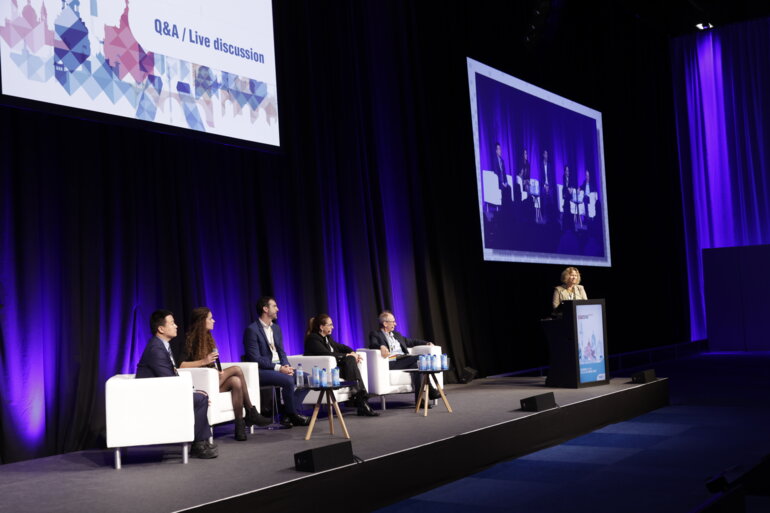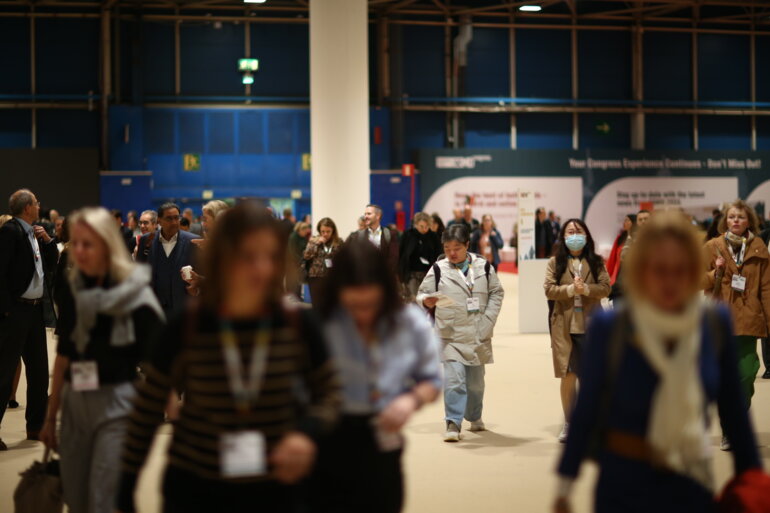
Is TMB a good predictive biomarker for immunotherapy?
Evidence is compelling, but utility may depend on the clinical context

Evidence is compelling, but utility may depend on the clinical context

Well-designed real-world observational studies are hypothesis-generating and impact therapeutic decisions

Several ESMO initiatives highlight the need for closing the gap between fast cancer research and a lack of accessibility to treatments in the real world

Promising data are reported for tumours with dMMR, MSI-H and rare POLE alterations, reinforcing the role of molecular testing for tissue-agnostic treatment

Positive signals from early-phase studies suggest that newer molecular technologies may help to disclose the promises of T-cell therapies in different settings

Successful partnerships between industry and academia has had a positive impact on cancer drug discovery and development in prostate cancer

Digital tools offer potential solutions to personalise the patient journey, but more effort is needed to integrate them into current healthcare settings

Results presented at ESMO Congress 2023 open-up an interesting debate on the use of currently recommended treatment regimens

Neoadjuvant, perioperative, targeted and combined treatment approaches have shown potential benefit for patients with this aggressive disease, but further research is needed

In the DESTINY-PanTumour01 trial, promising response rates were seen with trastuzumab deruxtecan in heavily pre-treated patients with different cancer types
This site uses cookies. Some of these cookies are essential, while others help us improve your experience by providing insights into how the site is being used.
For more detailed information on the cookies we use, please check our Privacy Policy.
Necessary cookies enable core functionality. The website cannot function properly without these cookies, and you can only disable them by changing your browser preferences.